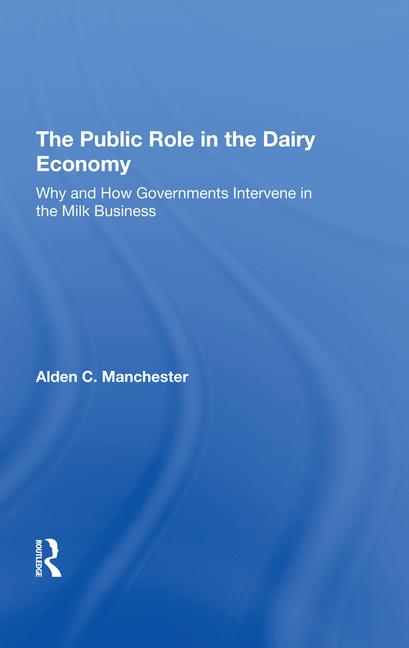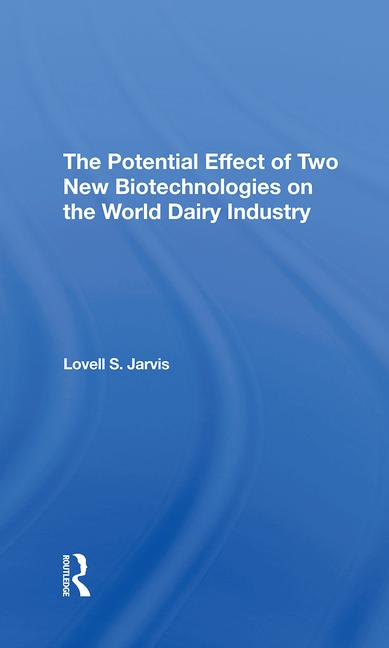Chobani survey: Consumers will seek more protein in the new year

A new survey from Chobani reveals that Americans want to incorporate more protein into their diets in the new year ahead. According to survey results, 85% of respondents indicated they wanted to increase their protein intake but lack knowledge around the increasingly popular macronutrient and face barriers including cost, convenience, and not wanting to compromise taste for nutrition.
The survey highlights consumers' relationship with protein paired with insights from Registered Dietitians, underscoring just how important the macronutrient is to support a healthy lifestyle. Nearly two-thirds of survey participants report that protein is even more important to their health and wellness journey than previous years. With endless options touting high protein claims, consumers are hard-pressed to distinguish natural, high-quality sources of protein from those made with additives and artificial ingredients.
Key findings include:
- Protein is a priority: 85% of Americans want to increase the amount of protein they eat next year, but 24% agree that they do not consume enough currently
- There is no magic number: Over 40% of dietitians agree that a healthy adult needs about 1 gram of protein per kg of body weight or more, while there is no clear consensus among Americans, with 26% even admitting they don't know the right amount
- Quality matters more than people realize: Less than half of Americans say they are knowledgeable about the differences between complete and incomplete proteins (42%) and fast-, medium-, and slow-digesting proteins (41%). But more than 4 in 5 dietitians believe it's important for consumers to know the nuances.
- Beyond breakfast: Only 13% of Americans consume Greek Yogurt to increase their protein intake throughout the day, while 60% of dietitians agree it's a great protein-rich option for a snack, expanding beyond the breakfast occasion
- Taste reigns supreme: Unsurprisingly, taste is the #1 attribute people think about when evaluating daily protein intake, with 87% of Americans prioritizing flavors, followed by amount of protein (74%) and amount of sugar (71%) per serving. Additionally, 60% of Americans consider how convenient or portable food options are.
- Cash- and time-strapped: With the cost of groceries a major pain point for consumers, half of Americans (51%) cite cost as the largest barrier to their protein consumption and 24% claim they don't have the time to prepare protein-rich meals or snacks.
With so many Americans making the shift toward adding more protein to their diets, dietitians see Greek Yogurt as a great source of natural protein because it contains all nine essential amino acids (making it a complete protein); it's available at a lower price point compared to alternative protein sources; and its portability that can be enjoyed any time of day.
"Getting enough protein is a huge priority for so many of us — and with good reason. Protein helps us feel full and supports our muscles, among many other perks." said Joy Bauer, MS, RDN, CDN. "But hitting our protein goals can often be challenging—many people don't have the time or energy to prep protein-rich meals or snacks. That's what makes Greek Yogurt, especially Chobani, such a smart choice. It's delicious, budget-friendly, protein-packed, and a breeze to enjoy, whether you're eating it right out of the container or working it into recipes!"
Looking for a reprint of this article?
From high-res PDFs to custom plaques, order your copy today!







